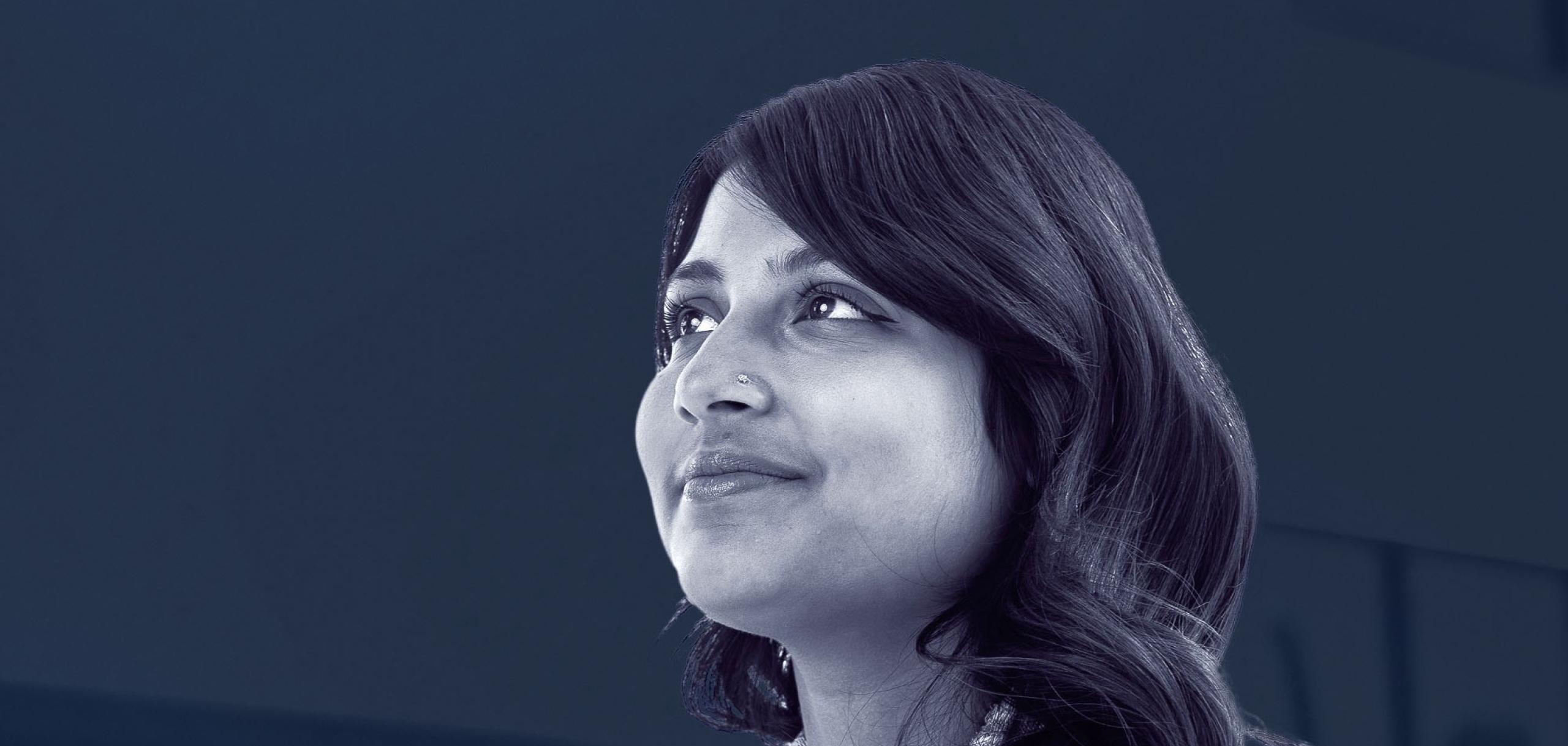
There’s no stopping me
from building community through technology

Units
(In-person)
Average units
per semester
Cost per unit
(2023-2024 rate)
Maximum
transferrable units
Graduates of the bachelor’s in CS program from SFBU will be able to unite modern technology concepts with a fluency in the tools they govern to lead the Silicon Valley of today — and tomorrow.
Beyond their technical prowess, students who complete the program will achieve mastery of the following industry-aligned competencies:
SFBU requires a minimum of 120 units for graduation. We break them down into the following quantities and categories:
The following required core courses cover modern CS disciplines and tools:
Students select five additional courses from the specialization pool below:
A minimum of 15 units of elective coursework promotes a breadth of knowledge, in addition to the technical depth of their degree program. Though students may select courses in any discipline, prerequisites and corequisites must be met.
When applicable, students may take curricular practicum training (CPT) to earn credit for internship-based projects directly related to their course of study.